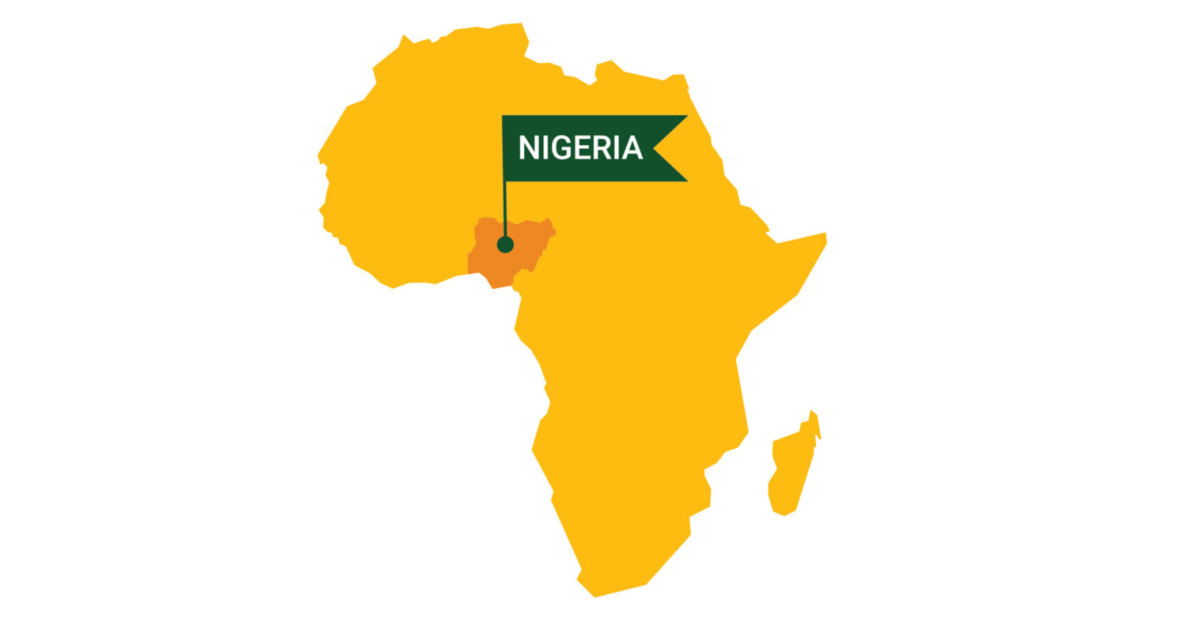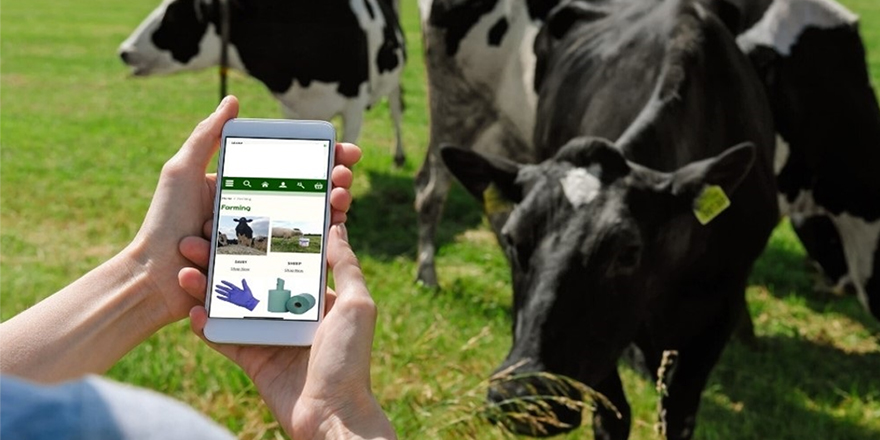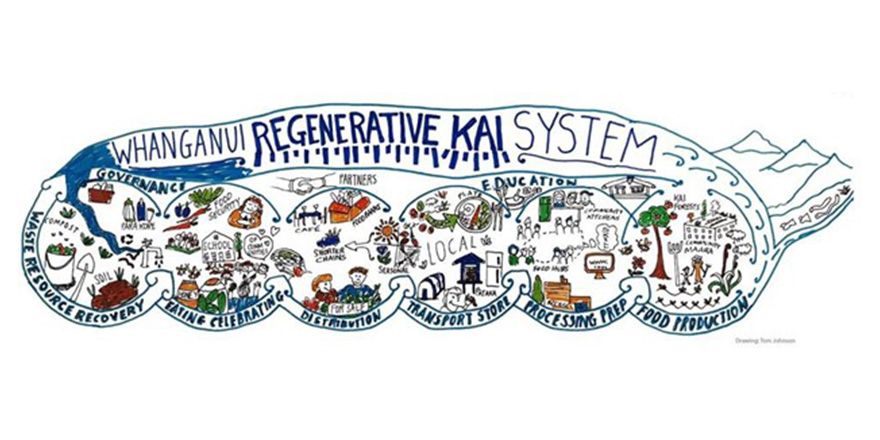
Executive summary
In the face of market volatility and increasing uncertainty in international trade, New Zealand as an exporting nation, must adopt forward-thinking strategies to protect its interests. Market diversification within the dairy industry holds significant impacts on New Zealand dairy farmers, processors, and the wider economy. This report analyses the potential for expanding New Zealand’s dairy partnership with Nigeria, a market with untapped opportunities.
Report objectives:
- Investigate the current landscape of Nigeria to set the context in which the dairy sector operates.
- Analyse the structure and dynamics of the Nigerian dairy sector.
- Examine the relationship between demographic factors, economic growth, urbanisation, and the political landscape on the demand for and consumption patterns of dairy products in Nigeria.
- Propose recommendations for New Zealand dairy exporters to explore further growth between New Zealand and Nigeria.
The research methodology involved a situational analysis through a comprehensive literature review to assess the current state of Nigeria and the structure of its dairy sector. Semi-structured interviews with key stakeholders were conducted to gain an understanding of the consumption trends and drivers.
Critical analysis of the literature review and interviews revealed four drivers impacting the growth of Nigerian dairy consumption these were: the force of population growth and demographic shifts, economic recovery, political stability, and rate of urbanisation.
As Nigeria’s population continues to grow, urbanise, and the working age demographic expands the demand for dairy products is projected to substantially increase. This increased demand is driven by an emerging middle class, youthful and urban population. However, the Nigerian dairy market’s potential hinges on the country’s political stability and sustained economic recovery. Given global market uncertainties and geopolitical dynamics, New Zealand’s commitment to diversification is paramount. Underscoring the significance of engagement with Nigeria to ensure that future growth opportunities remain open.
Recommendations for New Zealand’s engagement with Nigeria:
- Establish relationships:
The Ministry of Foreign Affairs and Trade to proactively build relationships in Nigeria and West Africa. Through establishing representation across the country to prepare for future growth opportunities. - Cultivate market familiarisation:
New Zealand Trade and Enterprise to invest in building expertise and knowledge to gain a greater understanding of the Nigerian market. Enabling New Zealand to make informed decisions. - Prioritise Nigeria as a long term future trading partner:
The Ministry of Foreign Affairs and Trade to develop a strategic plan to build engagement with Nigeria by dedicating resources and diplomatic presence. - Facilitate exchange and capacity building:
Industry bodies to facilitate the exchange of knowledge and expertise. By bringing Nigerian dairy stakeholders to New Zealand to familiarise themselves with New Zealand dairy processes, quality standards and market dynamics. - Diversify commodity offerings:
Encourage New Zealand dairy processors to consider expanding their product range to include Fat Filled Milk Powder to target a broader and growing consumer base.
Anna Gower-James




